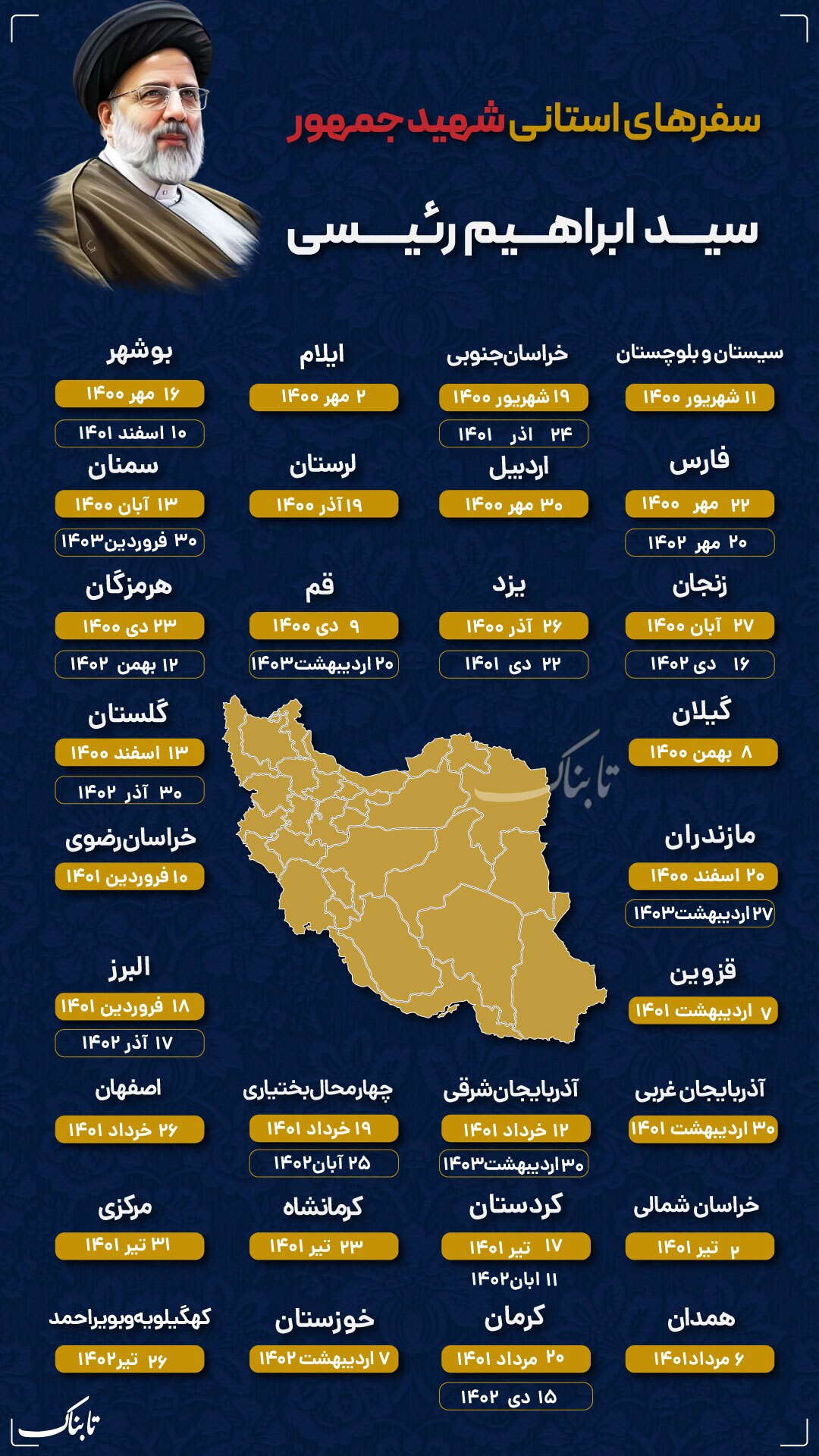After an uncomfortable Oval Office encounter with Donald Trump, South African President Cyril Ramaphosa becomes the latest world leader hoping to mend relations only to discover the US president has something else in mind: confrontation.
He was seeking to secure Trump’s favor: catering to his ego with golf swag, a cadre of professional athletes, and an offer for a ceremonial transition at the upcoming G20 summit. And while he ducked and dived from an encounter many saw as a set-up, Ramaphosa serves as a cautionary tale of how foreign leaders who come courting should behave — and indeed if they should come at all.
ADVERTISEMENT
CONTINUE READING BELOW
The televised session unraveled quickly as Trump teed up a video to push the conspiracy theory that South Africa’s White minority is the victim of genocide. The meeting underscored the gamble world leaders now face in sitting across from Trump, a president who views diplomatic exchanges as an opportunity to consolidate power and prestige, whether through dealmaking or brute force.
While leaders who succeed in navigating the perilous path could be rewarded with the economic or military protection offered by the US, those who earn the president’s ire face humiliation. The exchanges have earned the delight of supporters who believe other governments have taken advantage of Washington for far too long, though also put at risk the decades-old centrality of US leadership on the world stage.
Wednesday’s display, which South African officials called an ambush, highlighted how Trump has upended expectations for visits to the seat of American power. In years past, US presidents used Oval Office sitdowns to exchange pleasantries before getting down to business behind closed doors. But Trump has used them not only to dispense favors but to challenge and lecture his guests before the cameras.
“This is literally being watched globally right now,” longtime Trump adviser Jason Miller posted on X of the Ramaphosa meeting. “Ratings GOLD!”
The White House defended the use of the video aired in the Oval Office. It showed the violent rhetoric and crimes directed toward White, South African farmers, a White House official said.
The meeting echoed the explosive back-and-forth with Ukrainian President Volodymyr Zelenskiy in February when Trump hectored him over his handling of Russia’s invasion. Vice President JD Vance joined the fray, and the rest of the day’s events with the Ukrainians were canceled.
Both instances played to key tentpoles of Trump’s political orthodoxy: deep scrutiny of foreign aid that might otherwise be spent to the benefit of American voters, and the belief that efforts to redress historical racial inequities present deep and unfair harm to Whites.
“There is literally nothing better than President Trump calling out foreign leaders at the White House,” David Sacks, the South Africa-born entrepreneur who is now a cryptocurrency adviser to the president, wrote on X. “Zelensky didn’t have the cards. Ramaphosa is playing dumb about genocide. President Trump brings the receipts.”
Zelenskiy and Ramaphosa’s meetings may have been the most dramatic, but they weren’t the first where Trump has welcomed guests only to call them out. When Irish Taoiseach Micheál Martin visited, Trump said his country was among those taking advantage of the US.
Former Canadian Prime Minister Justin Trudeau traveled to Trump’s Mar-a-Lago estate in a bid to broker a trade truce as the US president readied sweeping new tariffs that threatened the economy of his northern neighbor. His efforts were met by mockery, with Trump labeling him “Governor Trudeau” and saying that Canada should agree to become the 51st US state.
But Canada has also proved a model for how leaders who Trump views as friends or equals can succeed when they engage. Trudeau’s replacement, former investment banker Mark Carney, was able to parlay his personal standing — and a light touch — to push back on Trump’s expansionist musings as he met the president at the Oval Office earlier this month.
“As you know for real estate there are some places that are never for sale,” Carney said. “It’s not for sale, it won’t be for sale — ever.”
To be sure, Ramaphosa took some lessons from those who went before him, projecting calm throughout the session, and trying to acknowledge Trump’s complaints. He invited professional golfers who had long relationships with the president to discuss the issues facing the country, and touted Trump’s ceremonial role in the upcoming G-20 summit in Johannesburg.
ADVERTISEMENT:
CONTINUE READING BELOW
Unlike Zelenskiy, who left the White House earlier than planned, Ramaphosa remained on site for the lunch portion of the day. And despite his display, Trump did not rule out attending the G-20 summit or make explicit demands for policy changes in South Africa.
Leaving the White House, Ramaphosa said he believed Trump heard him.
“Yes he did, it went very well,” he told reporters.
But Trump’s strategy could also backfire. Even leaders who have successfully managed meetings with Trump have approached them with great caution and sought to limit their on-camera commentary in the Oval Office.
Senator Jeanne Shaheen, the New Hampshire Democrat, said in a statement that “Trump’s ham-handed diplomacy pushes the country further away from the United States.”
“It of course has a chilling effect — but that’s the effect he wants it to have,” said Cameron Hudson, a senior fellow at the Center for Strategic and International Studies. “It doesn’t matter how big or small, don’t come into the Oval Office expecting you’re going to get concessions.”
Given US military power and the trading relationships that many countries rely upon, this leadership style may not matter greatly, even if it does ruffle feathers.
But it is a shift away from diplomatic tradition, Hudson said. He noted that the countries dealing with this treatment typically come into the room at a disadvantage, seeking support or concessions from Trump.
“What is unique in the US history is that we typically don’t lord our power over people,” he said. “As a general rule in our diplomacy is we don’t punch down. What this president does is he has no qualms about punching down.”
© 2025 Bloomberg
Follow Moneyweb’s in-depth finance and business news on WhatsApp here.

 9 hours ago
1
9 hours ago
1






















 English (US) ·
English (US) ·